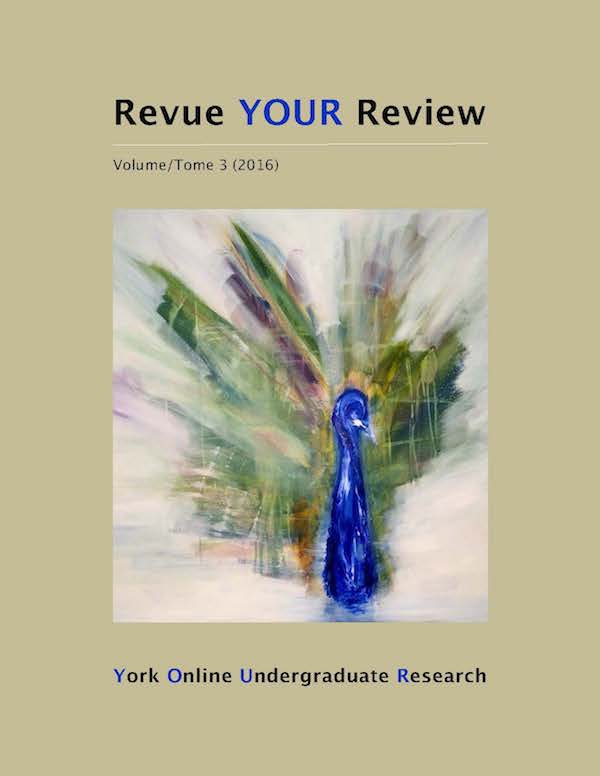The Effect of Understanding Fetal Alcohol Syndrome on School Disciplinary Practices
Résumé
Fetal Alcohol Syndrome (FAS) is a neuropsychological disorder caused by prenatal alcohol exposure and has serious consequences for the child, both in terms of physical and social deficiencies. The characteristics of children diagnosed with FAS include hyperactivity, poor attention span, cognitive and perceptual problems, school behaviour problems, and speech and language deficits (Short & Hess, 1995). Because the chain of developmental impairments begins early in life and causes serious problems for life adaptation later, a considerable proportion of these children remain dependent on support from a sensitive environment such as family and school (Steinhausen & Spohr, 1998). By displaying inappropriate behaviour, due to the syndrome, in a school setting, a child may incur frequent punishment and be stigmatized by others (Wilkins & Velicer, 1980). Furthermore, the reactions of others to inappropriate behaviour may cause these children to become ostracized or even to become the targets of peer abuse, increasing their emotional burden and lowering their self-esteem (Fausett, 2003). The purpose of our research project is to gauge whether people feel empathy for children with FAS and tolerate inappropriate behaviours when they lack detailed information about the disease, but know only a diagnosis. We hypothesize that people who understand the syndrome and its consequences would consider it inappropriate to punish a child with FAS, because they may empathize with the child and understand the reason for disturbing behaviours. Likewise, those who are aware of a diagnosis, but don’t understand the syndrome and its consequences may be more likely to consider punishment to be appropriate.Téléchargements
Comment citer
Numéro
Rubrique
Licence
Les auteurs qui contribuent à la Revue YOUR Review acceptent de publier leurs articles selon une des trois catégories de la licence 4.0 : Creative Commons Attribution 4.0 International; Creative Commons Attribution-Pas d'Utilisation Commerciale 4.0 International; ou Creative Commons Attribution-Pas de Modification 4.0 International. Tout contenu éditorial de ce site ainsi que les affiches et les résumés sont sous la licence Creative Commons Attribution-Pas de Modification 4.0 International. Pour plus d’informations, veuillez voir :
https://creativecommons.org/licenses/
Dans tous les cas, les auteurs conservent leurs droits d’auteurs et concèdent à la Revue YOUR Review le droit de première publication. Les auteurs peuvent, par la suite, conclure d’autres accords de distribution non exclusifs de la version publiée dans ce périodique (par exemple, l’afficher à un dépôt institutionnel ou le publier dans un livre ou dans un autre périodique) à condition que la reconnaissance fasse mention de la publication originale dans la Revue YOUR Review.


